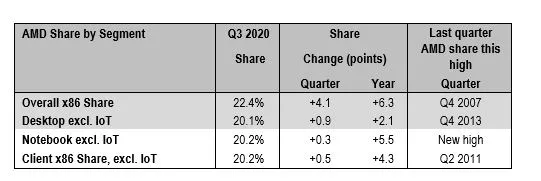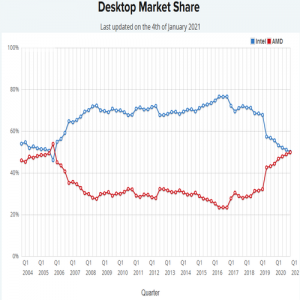ochadd
[H]ard|Gawd
- Joined
- May 9, 2008
- Messages
- 1,315
I wanted to go AMD but the lack of stock made it impossible. Been waiting a couple years for the right time. Wanted a 5900x but settled on a 10850k and Z490 that I'll be installing tomorrow. I'm already going from 4 cores to 10 and the benchmarks between the two are very close. I think Intel likely to leap frog AMD on single core performance next gen at the expense of power, heat, and cores. Intel is doing what AMD was going with 200+ watt CPUs to make up for IPC disadvantage. Not ideal but at least I can get my hands on an Intel setup and it was $160 cheaper and my H110 AIO will work.
![[H]ard|Forum](/styles/hardforum/xenforo/logo_dark.png)

